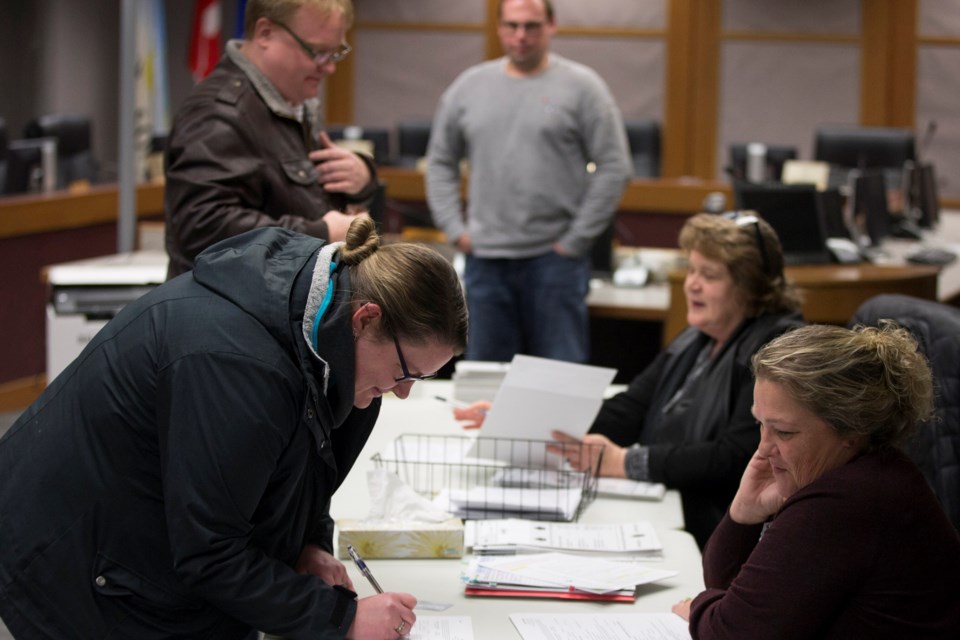Alberta Municipalities (ABmunis) is encouraging Albertans to weigh in on proposed changes to “seemingly innocuous acts” that are “vitally important to how local politics are practiced in communities across the province.”
The Government of Alberta has launched two surveys related to the Local Authorities Election Act and the Municipal Government Act. Potential changes to the acts could introduce party politics into municipal elections, remove vouching as a form of identification, expand the ability of councils to meet in private, and give authority to the minister of municipal affairs to remove councillors, along with a host of other modifications to how local politics functions in the province. The surveys are open until Dec. 6.
“Our call to action really relates to the last time the Government of Alberta conducted similar surveys; They received about 4000 responses. And that's actually a very low response rate when you consider the population of Alberta was about 4.4 million at that time,” ABmunis board director and Edmonton councillor Andrew Knack said during a press conference on Nov. 16.
“To some extent the future of municipal government in Alberta will be shaped by the results on these online surveys,” he said.
Abmunis already has a good idea of how Albertans feel about the introduction of party politics in local elections, Knack said. A survey commissioned by ABmunis and conducted by reputable pollster Janet Brown this fall found a clear majority of people would prefer local candidates to run as individuals.
More than 80 per cent of respondents thought that municipal officials from a political party would vote along party lines and not in the interests of the municipality, a view shared by Bonnyville Councillor Brian McEvoy.
“I want municipal politics to stay about municipalities not about provincial politics. I don't want to see provincial politics, by introduction of parties, interfering with how municipalities make decisions that are best for municipalities,” McEvoy told Great West Media.
At a recent Rural Municipalities of Alberta conference, Minister of Municipal Affairs Ric McIver said that party politics has already been a part of local government “for as long as I can remember, for decades.” McEvoy said he doesn’t think that is the case in his region, and that while everybody in a rural community likely knows whether a political candidate leans NDP or UCP, those positions aren’t determining factors in local decision making.
“As soon as you introduce political parties into it, you start getting provincial influence into how decisions are made for municipalities. And municipalities should make decisions based on the needs of the municipality not the wants of a province-wide party. That's my personal opinion,” McEvoy said.
The Bonnyville town council will be discussing the surveys and potential changes to the acts at an upcoming council meeting, McEvoy said.
During elections, community members can vouch for the identity of someone who does not have government-issued ID. If this form of verification was removed, it would have a huge impact, “especially in the smaller, rural and remote communities,” said Deborah Reid-Mickler, deputy mayor of the Village of Duchess.
“I've been involved in elections out in rural communities, and it does provide that link,” she said.
“You don't use it very often. But it does provide that link, that ability for that resident who maybe rushed in or didn't realize that they hadn't got their wallet with them. It happens and we can easily and quickly get them voting in a legitimate and legal way.”
Changes informed by the online surveys could be introduced as soon as the spring 2024 legislative session, according to the Government of Alberta website.




